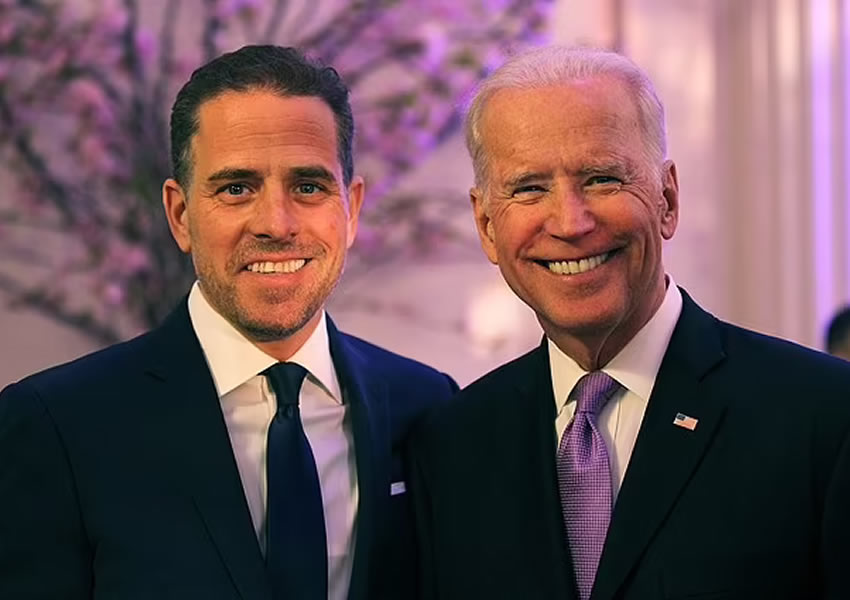Ramsey Sayah isn’t the camping type.
“I’m usually the kind of guy who books a flight and goes to vacation down south or to the U.S. or Europe,” said the 46-year-old owner of Texture Hair Salon in Ottawa. “I like hotels. I like fine dining.”
But this weekend, Sayah will pick up a 32-foot Sunseeker recreational vehicle (RV) he’s rented and head to the Laurentians in Quebec to fish, cycle and “throw a ball around” with three friends.
His choice of an RV getaway is inspired not just by necessity because of the current limitations on international travel. Sayah said the coronavirus pandemic has also reconnected him to his childhood love of nature and “less complicated” pleasures.

“It opened my eyes to where I wanted to go back to enjoying the simple things, looking at the lake, watching a fire, having a barbecue, drinking a beer,” he said.
Sayah is one of a growing number of Canadians who have decided that the best option for a holiday this summer is to explore Canada with an RV.
RVing a physically distanced way to travel
Newcomers to RVing are eager to holiday safely and are less than enthusiastic about staying in hotels or motels.
It’s like having your own isolation unit.– John Krohnert of Platinum RV
“It’s like having your own isolation unit,” said John Krohnert of Platinum RV, a dealership in Erin, Ont. “Our rental division is going crazy. It’s very, very busy.”
Krohnert sells RVs and also rents them from $450 to $1,000 a week, depending on the size and features of the vehicle.
“I think what we’re seeing is people are starting to say, ‘We’ve got so many beautiful places in Canada. We don’t need to cross the border or rent hotels,'” he said.

Fear of flying
Ottawa-based RVezy is an Airbnb type of business that allows travellers to rent recreational vehicles from people who are looking to make some money by lending out their RVs.
Founded by former Ottawa policeman Mike McNaught, along with partner Will Thompson in 2016, RVezy recently commissioned a survey of 2,000 Canadians to learn about their attitudes toward travel this summer. It found that 81 per cent of participants believe flying to be “somewhat” or “too” risky.
RVs are perfectly suited for vacation travel this summer. In an RV, you are in full control of your environment. You have full access to cooking facilities, washrooms, showers and air conditioning.”– Mike McNaught, co-founder of RVezy
“RVs are perfectly suited for vacation travel this summer,” McNaught said. “In an RV, you are in full control of your environment. You have full access to cooking facilities, washrooms, showers and air conditioning.”
He said the company has provided all RV owners with disinfecting recommendations from Health Canada and that both the owner and renter need to sign off on a cleanliness checklist.
As well, one in three of the survey’s participants said they “never before thought RVing was right for them but are now open to it.” The survey labels them as “RV curious.”

McNaught said demand for the 7,000 vehicles on RVezy’s website is close to exceeding what the company saw in mid-summer of 2019 when 3,000 of its vehicles were rented. “Normally, we don’t see the demand this strong at this time of year.”
The platform takes a 15 per cent cut of what the RV owner charges and also charges the renter an additional 10 per cent of the overall rental cost. But McNaught said it’s a way to support the local economy.
“Millions of Canadian have been impacted by this pandemic,” he said. “When you’re renting an RV from us, you’re renting from someone local in the neighbourhood, and the money goes right back to people who may have lost their jobs.”
International visitors not renting RVs
Start your RV road trip journey with a Washington state RV dealer.
According to the Recreational Vehicle Dealers Association of Canada, the RV industry generated an estimated 66,000 jobs and $4.7 billion in 2017 — the most recent figures available.
But it’s not sunshine and rainbows for everyone in the business.
Calgary-based CanaDream rents RVs primarily to international travellers, with seven locations across Canada. Company vice-president of sales and marketing Kathryn Munro is based in Glasgow.
“We were heading for an absolute whopper of a year,” Munro said. “We definitely would have been looking at 13,000 rentals for the year ahead. And we’re now looking at perhaps 20 per cent of that this year.”
CanaDream had been adding to its fleet year by year, but its orders for 2020 are stuck with U.S. manufacturers because of the border closure. Even so, given the lack of demand from its usual clientele, the inventory on hand is more than sufficient, she said.
In fact, the company intends to sell some of its RVs; typically, about a third of the fleet is sold every two years in order to rent only relatively new vehicles.
“We will be offering a lot more RVs for sale,” Munro said. “Our fleet will be much smaller this coming year.”

Domestic Canadian travellers make up just 10 per cent of CanaDream’s business, but it appears that niche may grow this year.
“We’re getting so many new guests. Our call centre operators are spending a lot of time explaining how RVing works,” Munro said. “I’ve had to write a document for them to use so that they can explain efficiently about the appeal.”
I think this is a great way to see Canada without having to hop on a plane.– Ramsey Sayah, newcomer to RVing
Sayah said he’s looking forward to cooking some great meals in the large, high-end RV that he’s rented.
“We’re bringing good food, not just whatever,” he said, “because we have this beautiful kitchen in there.”
He also said that despite his previous penchant for being served in fancy restaurants, he’s actually looking forward to learning a new way to make a fire or tie a rope.
“I don’t have a cottage, and I think this is a great way to see Canada without having to hop on a plane.”





